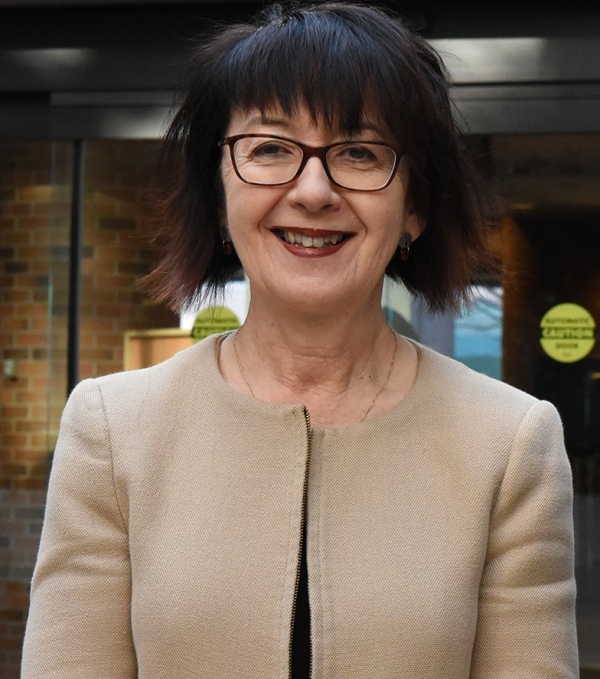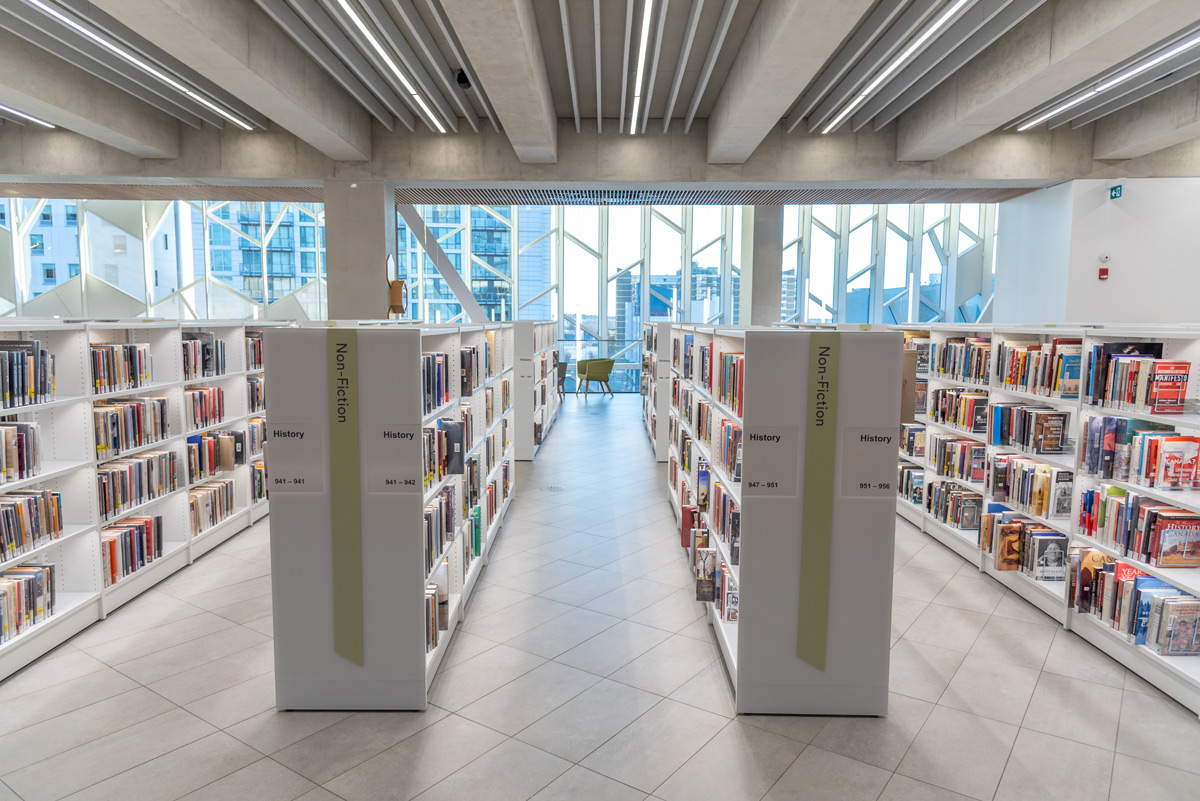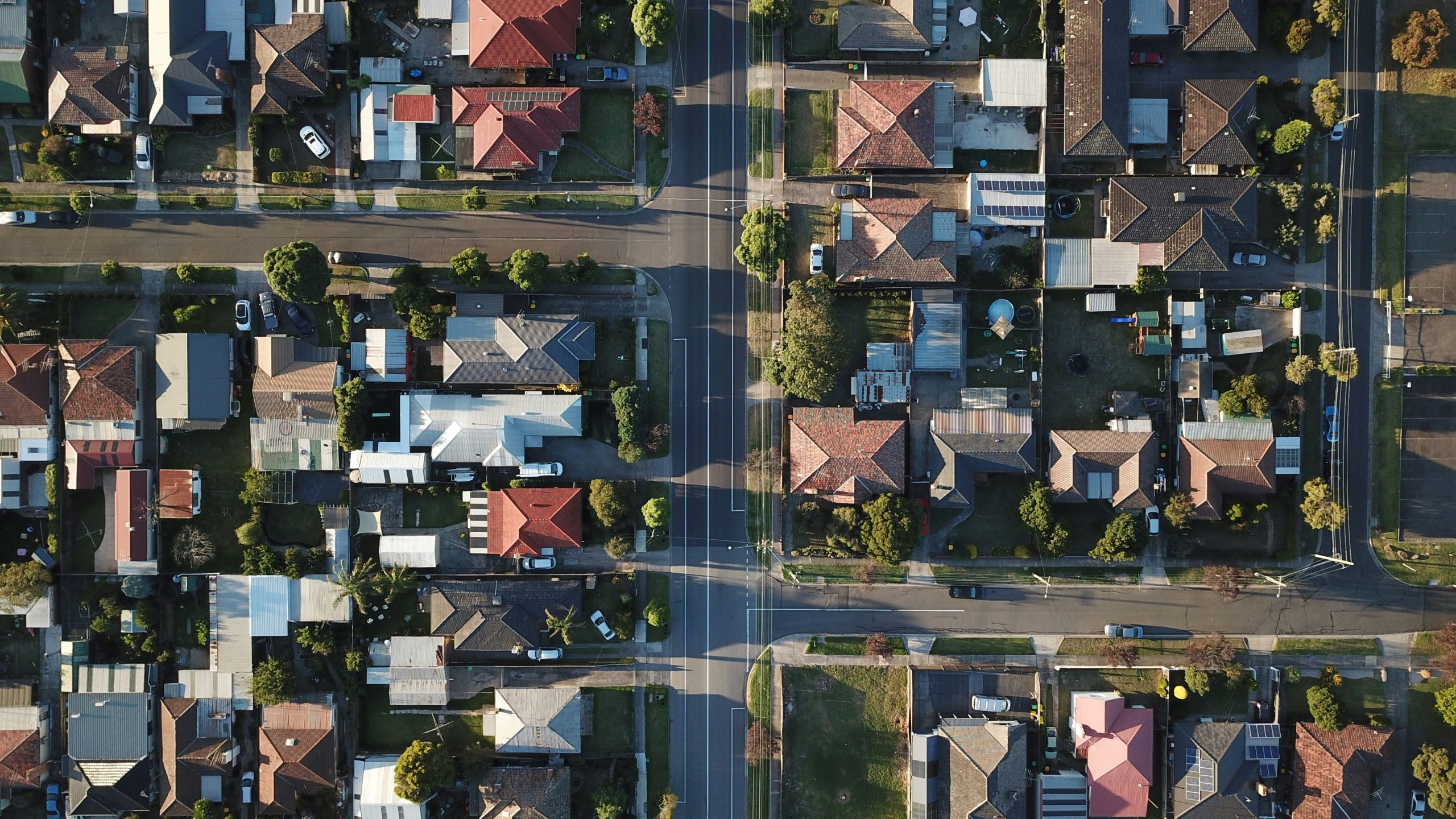Featured Guest
You’ll find this guest among our growing roll of Urban Champions.
-

Paul Takala
Chief Librarian/CEO, Hamilton Public Library
-

Maureen Sawa
CEO, Greater Victoria Public Library
-

Mary Chevreau
Chief Executive Officer, Kitchener Public Library.
-

Gohar Ashoughian
University Librarian, Wilfrid Laurier University
-

Åsa Kachan
CEO and Chief Librarian, Halifax Public Libraries
5 Key
Takeaways
A roundup of the most compelling ideas, themes and quotes from this candid conversation|
Additional Reading
& Resources
1. Circulating social cohesion instead of library books
Registration for this session hit record numbers, as Canadian and international audience members tuned in to hear how libraries are preserving a sense of community and physical connection among local residents. In recent years, the role of libraries has evolved; more and more, they operate as both the “anchor and refuge” for community. But the COVID-19 crises has caused librarians to rethink their service offerings: instead of circulating books, they circulate social cohesion such as one-on-one phone calls to isolated seniors or assembly and distribution of activity kits for families in need.
2. Structural challenges in transitioning to the “new normal”
The crises has revealed critical issues of structural inequity as libraries work towards operating their services virtually. Language barriers and lack of multi-language resources for non-English speaking immigrants has exacerbated feelings of social isolation. Lack of access to broadband or other digital equipment deepens the poverty gap as well as the rural and urban divide. The very design of library buildings may also need a re-think, as post-COVID public health directives may be problematic for libraries that play the role of defacto community centre, but cannot accommodate the new health safety protocols for social distancing.
3. A call to action for government
Libraries , funded entirely by local property tax revenues, will face significant funding shortfall in the post-COVID recovery phase. And as other social services (such as mental health) become similarly challenged financially and their services diminish, the pressures will further build on libraries to function, albeit informally, as programming for vulnerable and marginalized populations. Libraries punch above their weight class. And as such, they have called for greater funding from Provincial and Federal governments in recognition of municipal functions that support a community’s resilience and social fabric.
4. Multi-sectoral partnerships are crucial
Cross-sector community partnerships become foundational in wielding a sense of solidarity between institutions and increasing the ability for public services to operate as the so-called “connective tissue of a city. ” Strong partnerships also establish a more imposing presence which helps to distinguish their work as “essential” to political decision-makers. This is important as the ability to operate effectively deeply impacts the social outcomes experienced by residents. These partnerships also wield more comprehensive strategies and integrated servicing measures which facilitate greater access for vulnerable communities, which, in turn expedite the recovery process for communities that are suffering.
5. Every disruption is an opportunity for innovation
Although health protocols and access to resources vary across Canadian communities, many libraries have been lending their most creative minds to develop programs that will assist residents in smoother life transitions. Examples of these programs during the time of COVID-19 are:
-
Producing personal virtual services to assist customers in navigating online platforms
-
Dedicating administrative focus towards local geographic pockets that have poor access to technology or those with families at risk (e.g. preparing snack packs for families with challenging conditions)
-
Organizing online yoga classes to mitigate mental health pressures and connect individuals to a broader community.
-
Leaving the WiFi on at the library during the shutdown, so that homeless and underhoused residents can have free access to internet.
|
Consultation: developing a new Poverty Reduction Strategy for Ontario
Librarian’s Guide to Homelessness
Mitigating COVID-19 When Managing Paper-Based, Circulating, and Other Types of Collections, Institute of Museum and Library Services, https://www.imls.gov/webinars/mitigating-covid-19-when-managing-paper-based-circulating-and-other-types-collections
IMLS, CDC Offer Guidance for Disinfecting Returned Library Books, Lisa Peet, School Library Journal
Toronto Public Library Lends 3D Printers to Support COVID-19 Medical Efforts
COVID-19: Municipalities seek emergency funding, Federation of Canadian Municipalities
Handling Library Materials and Collections During a Pandemic, American Library Association
Full Panel
Transcript
Note to readers: This video session was transcribed using auto-transcribing software. Manual editing was undertaken in an effort to improve readability and clarity. Questions or concerns with the transcription can be directed to events@canurb.org with “transcription” in the subject line.
Full Audience
Chatroom Transcript
Note to reader: Chat comments have been edited for ease of readability. The text has not been edited for spelling or grammar. For questions or concerns, please contact events@canurb.org with “Chat Comments” in the subject line.



